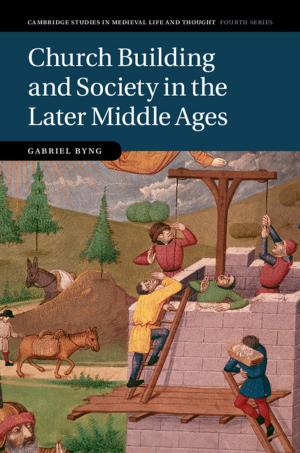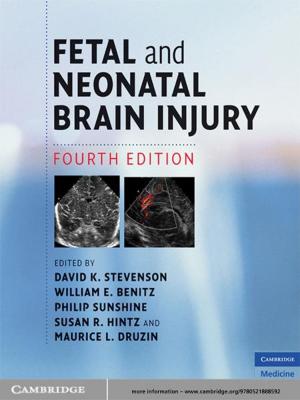The Construction Zone
Working for Cognitive Change in School
Nonfiction, Health & Well Being, Psychology, Developmental Psychology, Reference & Language, Education & Teaching, Educational Theory, Educational Psychology| Author: | Denis Newman, Peg Griffin, Michael Cole | ISBN: | 9781107384835 |
| Publisher: | Cambridge University Press | Publication: | April 28, 1989 |
| Imprint: | Cambridge University Press | Language: | English |
| Author: | Denis Newman, Peg Griffin, Michael Cole |
| ISBN: | 9781107384835 |
| Publisher: | Cambridge University Press |
| Publication: | April 28, 1989 |
| Imprint: | Cambridge University Press |
| Language: | English |
In its description of several years of painstaking classroom observations and carefully crafted experimental interventions, the 'construction zone' makes clear the cleavage lines between the everyday requirements of classroom teaching and the practice of experimental psychologists. The best intentions of researchers to improve education are often undermined by such differences. The 'construction zone' is the shared psychological space within which teachers construct environments for their students' intellectual development and students construct deeper understandings of the cultural heritage embodied in the curriculum. The core of the book is a set of analyses of children's developmental changes during classroom lessons and individual tutorials designed to teach basic concepts in such diverse areas as natural science, social studies, and arithmetic. Fusing techniques currently in wide use in microsociology, experimental psychology, and ethnographic studies of the classroom, the authors offer a compelling vision of intellectual development as a process of joint constructive interaction mediated by cultural artifacts. Their approach makes it possible to retain the strength of a developmental perspective which treats intellectual change as a constructive process in the spirit of Piaget, while making it clear that developmental change is simultaneously a social process of cultural transformation as emphasized by Vygotsky and his students.
In its description of several years of painstaking classroom observations and carefully crafted experimental interventions, the 'construction zone' makes clear the cleavage lines between the everyday requirements of classroom teaching and the practice of experimental psychologists. The best intentions of researchers to improve education are often undermined by such differences. The 'construction zone' is the shared psychological space within which teachers construct environments for their students' intellectual development and students construct deeper understandings of the cultural heritage embodied in the curriculum. The core of the book is a set of analyses of children's developmental changes during classroom lessons and individual tutorials designed to teach basic concepts in such diverse areas as natural science, social studies, and arithmetic. Fusing techniques currently in wide use in microsociology, experimental psychology, and ethnographic studies of the classroom, the authors offer a compelling vision of intellectual development as a process of joint constructive interaction mediated by cultural artifacts. Their approach makes it possible to retain the strength of a developmental perspective which treats intellectual change as a constructive process in the spirit of Piaget, while making it clear that developmental change is simultaneously a social process of cultural transformation as emphasized by Vygotsky and his students.















